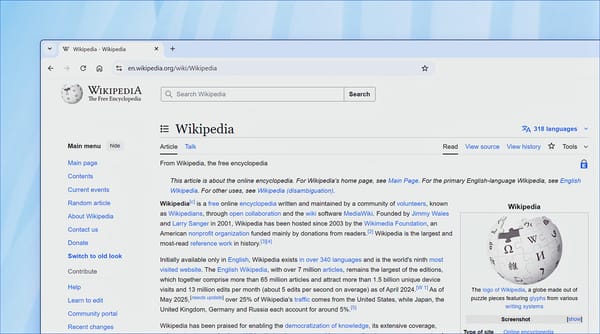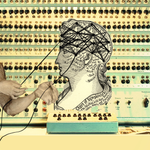Euronews offers a sharp assessment of how Wikipedia is managing the rise of generative AI.
Despite predictions that AI tools might eclipse the platform, the article argues that Wikipedia remains resilient – largely because of its transparent, community-driven editing model and its deep integration with the very AI systems that might one day replace it.
Yet the long-term picture is more complex. Euronews notes that large language models rely heavily on Wikipedia as a training source, but contribute nothing back. If generative AI tools such as ChatGPT continue to extract and repurpose Wikipedia’s content without replenishing the ecosystem, the “knowledge commons” it represents could slowly erode.
Compounding the problem is the growing flood of AI slop – low-quality, machine-generated content now creeping into citations and online references. As volunteer editors struggle to filter reliable sources from synthetic noise, the integrity of Wikipedia’s human-curated model faces new strain.
It seems to me that the real threat isn’t immediate obsolescence. It’s gradual invisibility – a future where Wikipedia’s role as a trusted reference fades beneath layers of derivative AI-generated synthesis.
Sources:
- Euronews, 4 October 2025 – Wikipedia isn’t dead yet, but AI poses major challenges, study finds
- Study cited by Euronews – Reeves, N., Yin, W., & Simperl, E. (2025). Exploring the impact of ChatGPT on Wikipedia engagement. Collective Intelligence. https://doi.org/1372599














